Hi, and welcome back or welcome newcomer(s). This week we were prompted to make curricular connections to Ribble’s Nine Elements To Digital Citizenship. Digital citizenship refers to the responsible use of technology by anyone who consumes these devices to engage online. My background in teaching is that of high school Health, Wellness, Social, etc. All of these subjects can easily be introduced to digital citizenship and I will focus on health education 9 for the purpose of this post.
Current Applications to Digital Citizenship
In most curricula, they include a list of broad areas of learning, these include building: lifelong learners, a sense of self and community, and engaged citizens. They also include cross-curricular competencies which include developing: thinking, identity and interdependence, literacies, and social responsibility. Although these are listed, it is likely that they are not put at the top of teachers’ priority list but more so in the back of their minds and hope that they achieve them.
Due to these being goals and competencies, they have the potential to “slip under the rug” as not as important as each course’s material. Saskatchewan has the most in-depth curriculum that I have experienced so it is expected that the authors of each course have already found a way to include these goals and competencies into each course’s content without the need of extra work.
I do feel that Health education does a great job at concluding the goal(s) of the course. These goals include: developing the understanding, skills, and confidence necessary to take action to improve health; making informed decisions based on health-related knowledge; and apply decisions that will improve personal health and/or the health of others.
The goal of adolescence is to become an independent, autonomous individual connected with others in positive, fulfilling ways.
National Children’s Alliance, 2004
An excerpt from the Health 9 SK Curriculum
I think that the above quote speaks to some opportunity to involve digital citizenship in the conversation when teaching Health 9. Now let’s dig deeper into the actual curricular content to see where digital citizenship exists.
Outcome USC 9.2 talks about how safety can be enhanced by personal choices and how this affects the well-being of the student, their families, the community and the environment. Although this seems like the perfect outcome for digital citizenship to fit, the indicators miss the importance of being a digital citizen and how to promote it.
Outcome USC 9.4 talks about the norms and expectations associated with relationships to plan for health promotion. This also seems like a great outcome to include online dating and how to be safe in that situation. This also misses the mark and is excluded from the indicators.
Overall, the health 9 curriculum does a good job at mentioning the importance of being connected to others in a positive, fulfilling way, however, it does not help teachers include digital citizenship into the learning. I do believe that it presents several opportunities to incorporate all of Ribble’s nine elements of digital citizenship.
Future Applications for Health 9 Teachers
I have used a couple of resources to pull information from to incorporate into the future applications. Please watch for these resources and visit them for more information.
When teaching to curriculum, they give you an outcome and a plentiful of indicators to ensure that you are hitting that outcome while you are teaching the content. In most cases, you do not have to complete every single indicator in each outcome to fulfill it; however, if you can teach to all of the indicators, you know for certain that the outcome has been fulfilled successfully.
Outcome USC 9.2
Due to the nature of the outcome and the emphasis on safety, it is extremely easy to incorporate digital citizenship information. In the gallery below, you will see the full reading of the outcome (9.2) and its indicators.
I would teach a mini-lesson within this unit to adhere to the digital citizenship information. Speaking about what it means to be a digital citizen is an important stepping stone to the rest of the information given by Ribble. You could use this mini-lesson to administer all of the nine elements as a way of enhancing their “approach to safety.” I would certainly use this as a preface to the remaining outcomes and bring the topic up as much as necessary.
I also think it is necessary to speak about digital citizenship as a team-work type of learning: it involves not only them, but their parents, other family members, peers, and teachers. It is important to involve as many people as possible so that all are educated in the same way and that others can see right from wrong when others are using technology to socialize with others.
Outcome USC 9.4
This outcome is much more relationship-oriented and could certainly be used as a re-introduction or continuation of the conversation surrounding digital citizenship. This is a big one because of the access to online dating that today’s students have. This conversation can be used to address issues like child trafficking such as the Amanda Todd story. The important things to note is that even the safest of individuals can fall into some dangerous people.
Resources
To fulfill the digital citizenship mini-lessons that I would provide as a health 9 teacher, I have found the following resources applicable:
- CommonSense.org has some fantastic curricular connections that I will certainly be using once I am teaching again. I personally love that it is organized by grade. It makes it more
- Digizen.org also has some ideas for lesson plans, family agreements, role play scenarios, etc.
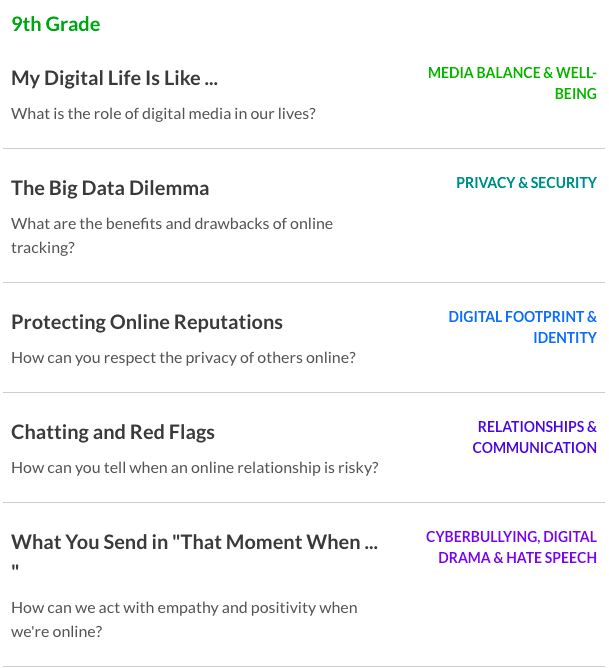
Screenshot of Common Sense’s Grade 9 Lessons
What would you do differently when teaching your subject area(s)? I am only one person and would love to know your take on administering this information!
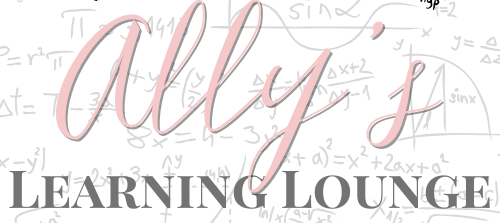

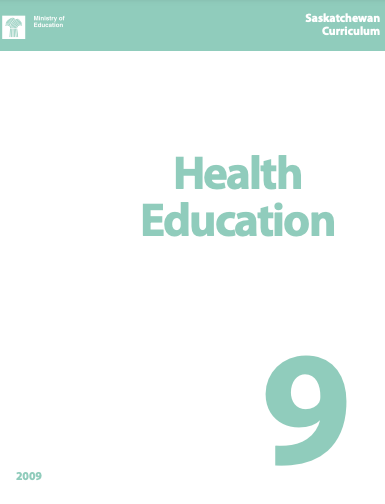
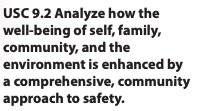
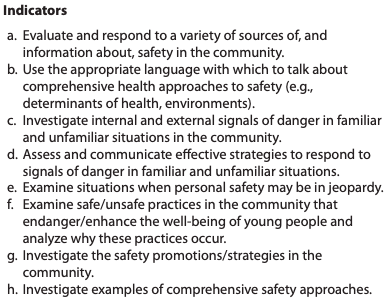
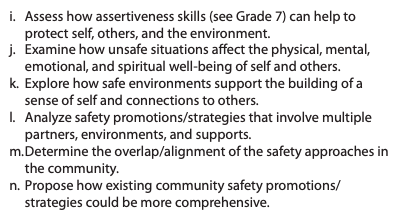
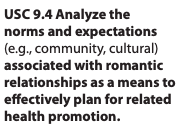
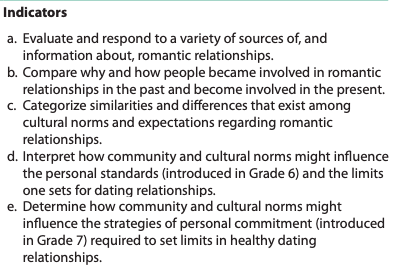
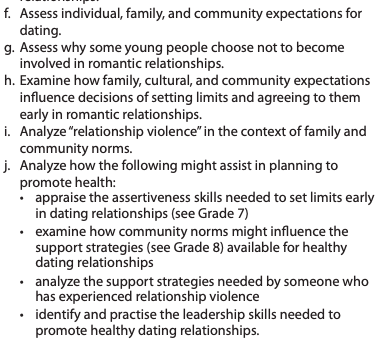
3 Comments
Pingback:
Pingback:
Pingback: